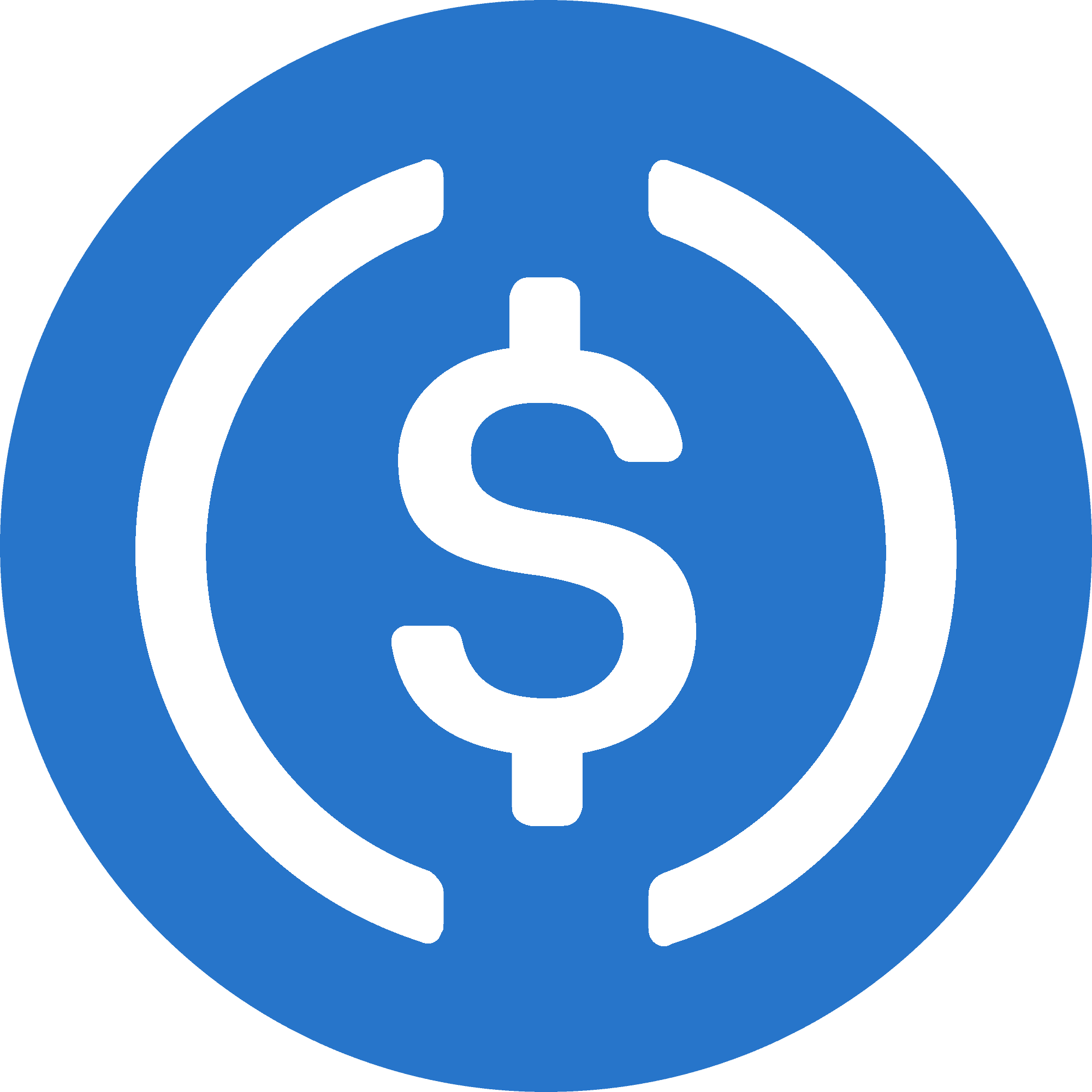Disclaimer: BlockFi has paused withdrawals in Dec 2022 and is preparing to file for bankruptcy, and therefore we can no longer recommend BlockFi. If you are looking for a platform to earn interest, here are our top recommendations:
The crypto market is highly volatile, and even though people are unsure of the conditions at the moment, they’re still looking for easy ways to earn some extra cash.
Acquiring a passive income, though, is not an easy thing to do, especially if you’re looking to venture into the crypto world. With that in mind, parking your assets to earn some profits on them so you can re-invest in other opportunities is probably the best way to go about it.
In this article, we will discuss BlockFi (read review) and Vauld (read review) to find out their differences, fees, interest rates, pros and cons, and most notable features.
BlockFi vs Vauld: Interest Rate Comparison
Header |  |  |
|---|---|---|
 BTC | 4% APY (First 0.1 BTC) | 4.60% APY flexible 6.69% APY fixed |
 ETH | 4% APY (First 1.5 ETH) | 4.60% APY flexible 6.69% APY fixed |
 USDT | 7.25 APY (First 20,000 USDT) | 9.41% APY flexible 12.68% APY fixed |
 USDC | 7.25 APY (First 20,000 USDC) | 9.41% APY flexible 12.68% APY fixed |
 DAI | 7.25 APY (First 20,000 DAI) | 9.41% APY flexible 12.68% APY fixed |
Cell |
Header | ||
|---|---|---|
 BTC | 4% APY (First 0.1 BTC) | 4.60% APY flexible 6.69% APY fixed |
ETH | 4% APY (First 1.5 ETH) | 4.60% APY flexible 6.69% APY fixed |
USDT | 7.25 APY (First 20,000 USDT) | 9.41% APY flexible 12.68% APY fixed |
 USDC | 7.25 APY (First 20,000 USDC) | 9.41% APY flexible 12.68% APY fixed |
 DAI | 7.25 APY (First 20,000 DAI) | 9.41% APY flexible 12.68% APY fixed |
Cell |
BlockFi vs Vauld: Comparison Table
Cell |  | |
Nunber of Coins | 23 | 275+ |
Minimum Deposit | None | None |
Withdraw Fee | Varies depending on the coin. Some coins have one free withdrawal per month | Network fee |
Pros | - Buy, earn, trade crypto on the same platform - No hidden fees - Earn interest with a Flex payment option | - High interest earning rates - Beginner friendly and easy to use - High security levels |
Cons | - Low but fluctuating interest rates - High loan fees with no failure insurance | - Relatively new and young platform - Crypto loans are not very competitive |
Website |
BlockFi vs Vauld: Comparison Table
Cell | ||
Number of Coins | 23 | 275+ |
Minimum Deposit | None | None |
Withdraw Fee | Varies depending on the coin. Some coins have one free withdrawal per month | Network fee |
Pros | - Buy, earn, trade crypto on the same platform - No hidden fees - Earn interest with a Flex payment option | - High interest earning rates - Beginner friendly and easy to use - High security levels |
Cons | - Low but fluctuating interest rates - High loan fees with no failure insurance | - Relatively new and young platform - Crypto loans are not very competitive |
Website |
- Buy, sell, and trade crypto at one place with immediate access
- Based and regulated in the USA
- No minimum deposit requirements and no hidden fees
- Flex payment interest earning option on the crypto of your choice
- Loan fees are quite high, and free withdrawal fees are limited
- Loan and interest rates fluctuate very often
- High interest rates of up to 12.68% to earn interest on the crypto of your choice
- Option to loan out your crypto assets
- No withdrawal fees and no minimum deposit requirements
- Easy to use and incredibly secure
- INR is the only fiat currency supported
- Crypto loans are not very competitive
BlockFi vs Vauld Features
Both platforms offer a cryptocurrency exchange, crypto loans, and interest earning accounts. BlockFi excels in being the first-ever exchange for offering a Bitcoin rewards credit card. With this card, you can earn 1.5% in cash back on every purchase.
Additionally, all of these rewards are then added to your main account, and from then on, you can continue to earn interest on them.
Another excellent feature that BlockFi employs is the automatic trading system, which basically allows those busy traders to automatically set buying, selling, or trading orders without worrying about missing out on the action.
It’s also positive to note that even though BlockFi has been around for only a year longer than Vauld, it’s far more prominent, especially in the US market.
The reason why Vauld is considered to hit back at its competitors with great power is a variety of dazzling features and opportunities that other platforms don’t normally have. Interest is compounded on a daily basis but paid out weekly, the instant exchanges allow you to change the rate you earn while also switching between assets, and there’s also an enterprise API that allows business owners to offer their crypto to customers.
Namely, this platform offers incredible lending rates and instant access to a whole host of trading options in a single place.
Another positive feature is the loan repayment option, allowing users to pay back loans in as many instalments as they need or want, making this an excellent asset for its customers.
One major downside to Vauld is that it only accepts one fiat currency, the Indian Rupee. This limits its usability somewhat, but if you only plan on earning interest in Vauld, this is not an issue, as you can deposit and withdraw crypto easily.
Winner - BlockFi
Even though both platforms offer similar features and services, BlockFi accepts USD which is more widely accessible for most customers, whereas Vauld only accepts INR
BlockFi vs Vauld Fees
There are no deposit fees on BlockFi for crypto or fiat currencies.
There is no commission for buying and selling crypto - the fee is included in the spread which is approximately 1%.
BlockFi withdrawal fees vary depending on the coin you wish to withdrawal. For example:
- Bitcoin - 0.00075 BTC
- Ethereum - 0.015 ETH
- Litecoin - 0.001 LTC
- Chainlink - 2 LINK
- Tether/Gemini Dollar/USD Coin - 50 USD
The good news is that for some coins (BTC, LTC and stablecoins), users are eligible for one free withdrawal per calendar month.
Fiat withdrawals are $20-30 for wire transfers, and free for ACH transfer.
Vauld does not charge any fee for crypto or fiat deposits.
The trading fee depends on which pair you are trading, but it varies from 0.10% to 0.12%.
The withdrawal fee for crypto is variable, depending on the coin and the network, and fiat withdrawals are free.
Winner - Vauld
Vauld wins as it has low trading fees, free fiat withdrawals, and only charges the network fee for crypto withdrawals.
Number of Cryptocurrencies
BlockFi supports only 23 cryptocurrencies at the moment, while Vauld supports a whopping 275! The Singapore based exchange recently launched an astonishing 230 tokens, marking the biggest listing campaign in any crypto exchange so far.
250 of these are available for buying, selling, or trading within the Vauld platform that also managed to integrate the Binance Smart Chain - one of the fastest ever growing blockchains.
Winner - Vauld
Vauld is the winner here, and there’s no doubt of any kind. The sheer volume of coins that are available for trading makes this platform our choice in this area.
BlockFi vs Vauld Security
Safety and security are of utmost importance, especially in the ever-evolving crypto world. Being safe in the knowledge that your assets are secure and away from harm can let you focus on making the right investment decisions.
With that in mind, we can easily say that both platforms are highly secured. Let’s take a look at what type of protocols and standards these exchanges have in place.
BlockFi, just like countless others, uses 2FA (two-factor authentication), SSL encryption on its platform, and a cold wallet storage system. This means that you’ll be the only one accessing your account, and most of your assets will be stored offline in order to avoid any loss if a data breach occurs.
Additionally, BlockFi uses three third-party services (Gemini, BitGo, Coinbase) to safeguard its reserves, and it employs a mandatory KYC policy.
Vauld, on the other hand, offers a multi factor authentication system supplied by Google Authenticator to increase your security levels. This means that whenever you conduct an operation in the system, you’ll have to input a dynamically created password.
Moreover, this exchange uses an address safelisting feature, which allows users to withdraw their funds only to addresses they have previously marked as secure.
Similar to BlockFi, Vauld’s assets are also stored in cold wallet storage, so they’re safe from cyberattacks, with BitGo being the custodian. What’s best about Vauld’s cold wallet storage system is the insurance policy in place that amounts to $100 million to provide protection against data breaches.
Overcollateralized loans are also in place to protect your crypto assets, adding another layer of security. The user remains the owner of all digital assets, which isn’t always applicable on other crypto exchanges.
Winner - Draw
While Vauld may seem like it has more layers of security in place compared to BlockFi, it’s hard to separate the two since BlockFi has an excellent record of successfully thwarting hacking attacks. We’d have to settle this one as a draw as both exchanges offer top-of-the class protection and security protocols.
The Verdict - Vauld
BlockFi is a complete crypto ecosystem and is best suitable for intermediate to advanced traders. So far, it has racked up over 1 million users and possesses over $10 billion worth of assets. It’s a fantastic platform to use with lots of features that also provides low interest loans.
Similarly, Vauld is a great platform to trade on, as it offers outstanding returns on a whole host of coins and also includes a wide variety of services, such as earning interest, borrowing, crypto trading, and early loan repayment options.
Both platforms’ security levels are pretty high, with identical protocols in place and offline storage systems to ensure the user’s assets never get lost.
If you’re after a higher number of coins, then Vauld is the clear option, but the downside is that the only fiat currency it accepts is INR (Indian Rupee). For most readers, BlockFi is the better option, as it accepts USD, and offers a range of features including earning interest on crypto.
If you are still doing your research, you can read this article on the best crypto interest accounts.
Overall Winner - Vauld
It's always hard to decide the winner when platforms are two of the best, but we decided to set Vauld as a winner because of the number of cryptocurrencies, low trading fees, free fiat withdrawals, and they only charge the network fee for crypto withdrawals. Both platforms are still developing and have some great announcements about the new features and services, so keep an eye on both of them.

Frequently Asked Questions
Yes, BlockFi is a trustworthy crypto platform. BlockFi has been in the business for many years and provide great security. They have several strategies to protect your account from hackers and breachers. One of them is to use three third-party services (Gemini, BitGo, Coinbase) to safeguard its reserves, and it employs a mandatory KYC policy.
Yes, Vauld is a secure platform that has never experienced any security breachs or hacks. Your crypto is stored safely offline, and they implement whitelisting technology.
Zac Prince is the CEO and Co-Founder of BlockFi.
Still Researching?
If you are still undecided, you can read my full review on BlockFi (here) and Vauld (here) or take a look at my article on the top crypto savings accounts.
Marketplacefairness.org provides all its content for informational purposes only, and this should not be taken as financial advice to buy, trade or sell cryptocurrency or use any specific exchange. Please do not use this website as investment advice, financial advice or legal advice, and each individual's needs may vary from that of the author. This post includes affiliate links with our partners who may compensate us.
To view our privacy policy read this breakdown.

